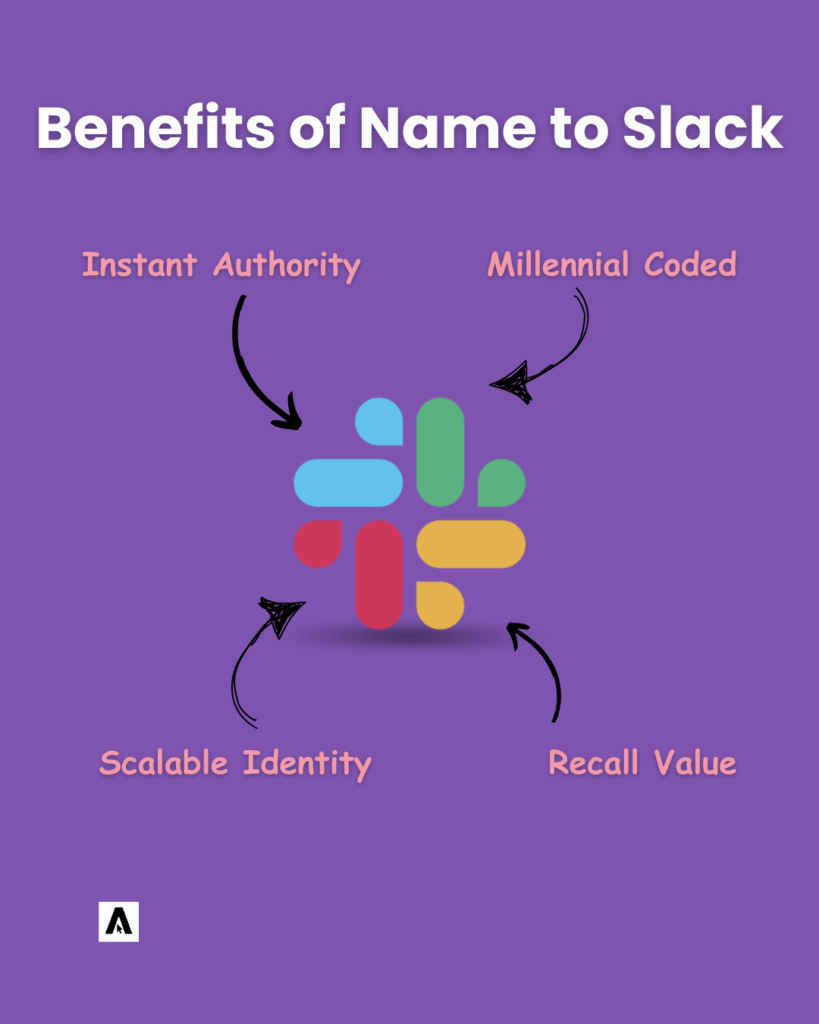
Digital Branding Starts with a Right Name Before Going Digital
Digital branding is a crucial pain point for every marketer. It begins long before your potential lead or user clicks on your website to explore your products or services. To break that process down, let me give you a quick real-world example.
I ran a few Google searches looking for a smart chef. While scrolling, I spotted a domain name—smartchef.me. Then I searched for something related to simple logic and found a site, logic.com.
Now, what does that tell you? I’m far more likely to click on smartchef.com than any random variation. Why? Because digital branding starts with the name.
Today, we’re diving into the digital branding of B2B businesses and why you need to pay attention to every detail that shapes how people find, trust, and choose your brand online.
Right name for domain is digital branding
Choosing the right domain name for any business is as significant as investing money in it. It’s not just a technical task you hand off to an IT expert. As a marketer or an all-rounder business owner, you need to take it seriously. Why?
Because a single click on a brand name-decoding moment is where advertising and branding truly begin.
We all know that building a brand from scratch and establishing an online presence revolves around design, messaging, and the experiences you offer to buyers.
But imagine a business going digital with its B2B printer cartridge services and then deciding to go with Cabbage.com.
That’s bad. Really, it’s really bad. No one’s going to associate a company named after a vegetable with printer cartridges. It breaks logic, trust, and connection all at once.
So, tread carefully. Digital branding starts with how easily potential users can find and understand your business, often from a single search.
Now, why is a domain name necessary for digital branding
Giving first impressions for serious business
In B2B, clients don’t make impulsive purchases. They’ll Google, stalk your website, check your email address, and make a judgment quickly. A clean, relevant domain tells them you’re legit, while a sloppy one screams “early-stage chaos” or “cheap operation.
Trust and relevance
A solid domain reinforces that your company is relevant and trustworthy. It’s the difference between getting your email opened or dumped into spam.
Consistency fuels brand recall
Digital branding thrives on consistency. When your domain matches your company name, social handles, and email IDs, consumers remember you faster. It builds mental stickiness across channels.
Discoverability and SEO get better
A domain that aligns with your brand name and keywords helps you rank better.
B2B buyers search for companies, categories, or niche keywords. Having a relevant domain name can give you that edge in organic discovery.
Major B2B brands turn credibility into conversion with the right domain names
There are real-life case studies that help us build a strong argument for owning logical domain names for businesses. Well, take Slack. It was previously a gaming startup, Tiny Speck.
They grabbed slack.com, a clean, single-word domain that screamed a perfect corporate attitude to millennial employees. Don’t want to work right now? Well, slack me. I need that file. Slack me. Slack this, Slack that. The Internet loved the name, and tada, branding done.

How did the domain name help Slack?
- Instant authority: “Slack.com” sounded like a platform, not a side project.
- Effortless recall: Short domains are easier to remember and type—a big deal in B2B.
- Scalable identity: The name worked globally, across languages and verticals.
What’s here to observe for B2B brands?
First, invest in a domain that reflects your product’s purpose, not just your startup name. Keep it short, intuitive, and clean; avoid unnecessary suffixes, numbers, or dashes. Lastly, think long-term as a domain should grow with your brand, not box it in.
The next brand is Notion. So, yeah, the same old Somali domain story behind the company. We really do not know why Notion chose the Somali domain, but creatively, it was a masterstroke.
The “.so” extension cleverly worked as part of their identity: “Notion—so what’s your next idea?”
It stood out in inboxes, URLs, and word-of-mouth mentions.
How did the domain name help Notion?
- Memorability: It gave the brand a sleek, tech-forward vibe that felt different.
- Brand cohesion: The extension became part of their visual and verbal branding.
- SEO benefit: Short, unique domains stand out in organic listings.
The key takeaway is: If your perfect “.com” is taken, go creative — “.io”, “.tech”, “.ai”, and “.so” work brilliantly in B2B. Ensure it still appears intentional, not like you settled for leftovers.
Test how your domain looks in URLs, social handles, and email signatures—aesthetics matter in B2B trust-building.
Think global, think accessibility, think authority
Even if your business starts locally, your digital identity shouldn’t feel small. Pick a domain that’s simple, universal, and language-neutral — something that travels well across markets and cultures. A clean, globally adaptable domain keeps your branding consistent as you scale, ensuring you never have to reintroduce yourself when expanding internationally.
Once you secure your primary domain, lock down its close cousins. Buy up alternatives like .net, .org, and .co before someone else does. It’s not paranoia, it’s brand protection. This simple step keeps impostors, copycats, and domain squatters from riding your coattails. Plus, it ensures consistency when expanding to new markets or campaigns.
It is a well-oiled system when it comes to digital branding. That is why we are discussing the foundations of your business before your user clicks on it.
Cut to the chase
B2B brands must consider digital branding when selecting domain names for their businesses. As a marketing professional, you have every right to step in — because you hold the power to make creative decisions. Now, what truly matters is that you understand why.

